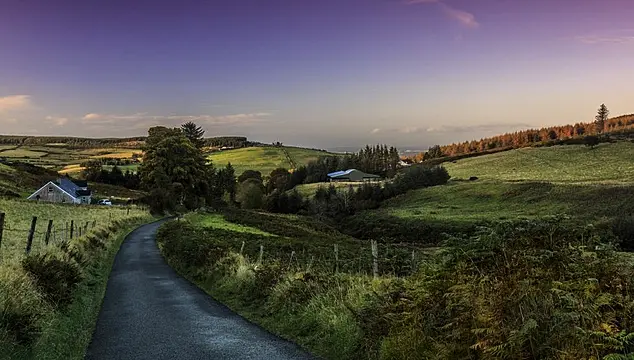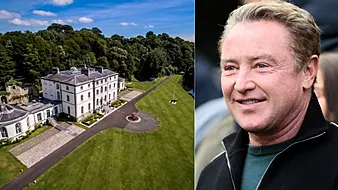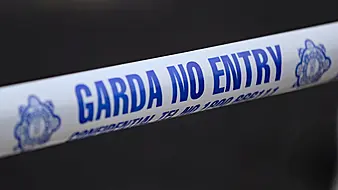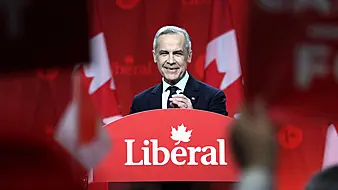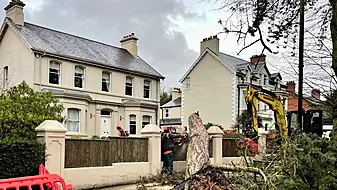Rural communities across the State have started to weigh up their general election options and consider the issues that most need addressing in their areas.
For Seamus Boland, the chief executive of Irish Rural Link, an issue that is not getting enough attention is the rise of the right in rural Ireland, particularly when it comes to the issue of immigration.
Boland said the current government, those contesting in the upcoming general election, and the subsequent government, need to "combat the pervasiveness of right-wing dogma that's getting into rural communities".
“It’s seriously causing trouble. That communication message needs to be dealt with because some of the stuff out there about migrants and people coming into the area is pretty shocking. It means that the immigration and migration issue is rising to the top.
"It is driving voters to candidates who are likely to be repeating the same stuff. That needs to be dealt with, otherwise the rural voters will go towards that kind of stuff, which is pretty shocking.
“We’re being naive in thinking this thing will go away. Rural communities are hearing stories, shocking stories, about the behaviour of migrants. A lot of it is simply not true."
As the General Election comes closer, Boland said the vote in rural areas will "never go too far to the left", and Independent candidates are likely to perform well.
"It is a traditional vote, semi-centre, maybe even centre right. When you look at the main parties, rural voters would struggle to go anywhere left of them.
"That’s why I think Independents are going to do well in rural Ireland. Because they (those in rural areas) don’t see anyone on the left as an alternative.
"What I’m hearing on the ground with the election is that they’re (rural voters) more likely to vote Fianna Fáil and Fine Gael.
"However, if they don’t like Fianna Fáil and Fine Gael, they will go towards Independent candidates who are probably even more to the right."
Boland said the main fear of those in rural areas concerns security.
"They don't believe that migrants coming into the area makes them secure. That's basically what they (the government) have to address, and that goes for all the parties.
"Rural Ireland is innately conservative. I just feel that the rural vote is swaying towards independent, right-wing candidates."
Rural issues
Boland said the main issues facing rural communities include the carbon tax, poor road conditions and limited access to health and community care services.
“There are a couple of things that the rural voters are not happy about. One of these is the carbon tax. No matter how you add it up, the carbon tax is really a penal tax when it comes to rural voters because they don’t have an alternative," he said.
"With carbon tax, it’s not like tolls where you can go on country roads and avoid it, you need to pay the tax because you need the car.
“The big issue is also still infrastructure, like secondary roads. That's still a real problem in rural Ireland. People would love to see change there.
"The way our roads are is a really visible sign that there are many areas neglected and that visibility of neglect leads to the assumption that there’s neglect in more places than just the roads. I think that’s a major problem.
"Most people are killed on rural roads, and we talk a lot about speed and drink, which is right, but we need to look at the quality of the roads. They’re terrible.
“There’s also an issue with access to health services."
Boland said demand has risen significantly for community care services like Meals on Wheels and the Budget failed to relieve any of this strain.
“In the Budget, the demand wasn’t even close to being satisfied. The reality is most older people really want to stay in their own home for as long as they possibly can.
"They don’t want to go into nursing homes and, anyway, nursing home places are scarce. That budget, in my opinion, should have been tripled because the demand is fierce. We can’t deal with the demand at the moment.”
